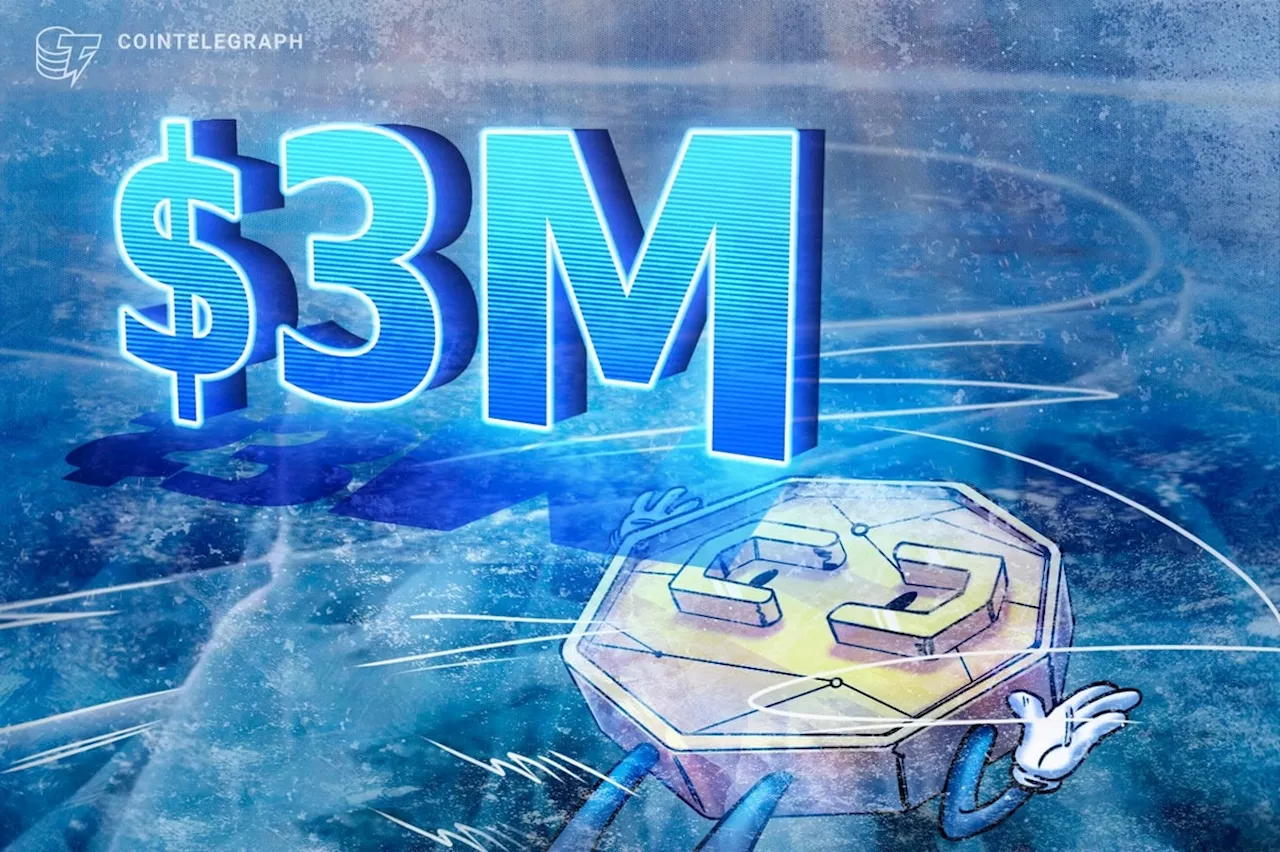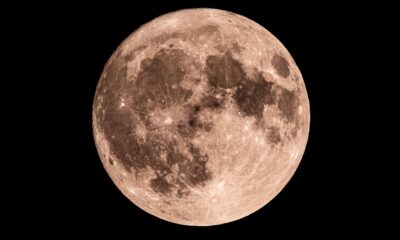Entertainment
Orca Calf J64 Confirmed Dead by Whale Researchers in B.C.

Researchers from the Center for Whale Research have concluded that orca calf J64 has likely died, following extensive observations of the J Pod in British Columbia. The news comes after a series of encounters where the calf was absent, prompting experts to assess its status. The team was able to identify J42, J64’s mother, during their observations near Sidney, B.C., but could not locate the young orca.
In their recent encounter, the team observed several members of J Pod, including J42, J16, and J26. Researchers initially hoped to spot J64, who was reported to be active and nursing with J42, but despite vigilant monitoring, the calf did not surface. The researchers stated, “We found J42 and held the camera trigger down while waiting for J64 to pop up behind her. Unfortunately, J64 did not surface after J42.”
The standard protocol for determining the status of orcas, according to the Center for Whale Research, involves considering a calf deceased after three consecutive encounters without its presence. This protocol led to the unfortunate conclusion regarding J64’s fate.
The calf was first documented by the Orca Network and SeaDoc Society on September 18, 2023, where it was seen consistently traveling alongside its mother. The identification of J64 as a new member of the pod was an exciting development, but the high mortality rate among young calves, particularly those from first-time mothers, remains a concern.
The challenges faced by orcas in the Southern Resident population are significant. Biologists note that factors such as poor nutrition and the transfer of toxins during gestation and lactation contribute to the high mortality rates in calves. Orcas depend on healthy populations of Chinook salmon to thrive, and any decline in these fish stocks could exacerbate the situation.
The research team had set out to capture images of the J Pod in response to reports that they were heading north through the south end of Swanson Channel. Despite their disappointment in not being able to identify J64, they remained hopeful that the calf had simply evaded their cameras.
After observing the pod as they rounded Helen Point and moved into Active Pass, the research team departed with heavy hearts, reflecting on the fragility of life within these marine ecosystems. Their commitment to monitoring the health of orcas in the region remains, as they continue to advocate for the conservation of these magnificent creatures and their habitat.
The loss of J64 underscores the ongoing challenges faced by the Southern Resident orca population, which has declined sharply in recent decades. Conservation efforts are crucial to ensuring the survival of these iconic marine mammals and addressing the broader environmental issues affecting their ecosystem.
-

 World2 weeks ago
World2 weeks agoGlobal Air Forces Ranked by Annual Defense Budgets in 2025
-

 World3 weeks ago
World3 weeks agoMass Production of F-35 Fighter Jet Drives Down Costs
-

 Top Stories2 weeks ago
Top Stories2 weeks agoNew ‘Star Trek: Voyager’ Game Demo Released, Players Test Limits
-

 Science3 weeks ago
Science3 weeks agoTime Crystals Revolutionize Quantum Computing Potential
-

 Top Stories3 weeks ago
Top Stories3 weeks agoDirecTV to Launch AI-Driven Ads with User Likenesses in 2026
-

 World3 weeks ago
World3 weeks agoElectrification Challenges Demand Advanced Multiphysics Modeling
-

 Health2 weeks ago
Health2 weeks agoGavin Newsom Critiques Trump’s Health and National Guard Plans
-

 Lifestyle2 weeks ago
Lifestyle2 weeks agoLia Thomas Honored with ‘Voice of Inspiration’ Award at Dodgers Event
-

 Entertainment3 weeks ago
Entertainment3 weeks agoFreeport Art Gallery Transforms Waste into Creative Masterpieces
-

 Lifestyle2 weeks ago
Lifestyle2 weeks agoDiscover Reese Witherspoon’s Chic Dining Room Style for Under $25
-

 Entertainment2 weeks ago
Entertainment2 weeks agoFast & Furious Coaster Hits the Track at Universal Studios
-

 Science2 weeks ago
Science2 weeks agoWaning Crescent Moon: What to Expect on October 17








